Even though non-fungible tokens (NFTs) are frequently associated with digital images that are marketed as blockchain-based assets, there are many other appropriate categories. Music NFTs are one rapidly expanding ecosystem in the NFT sector as well. let’s dive in the NFT music topic in today’s article with Dareplay.io.
Table of Contents
What is NFT Music?
“NFTs aren’t just cat GIFs and JPEGs of cartoon apes, they can also represent immutable ownership of music clips too.”
By Ekin Genç – Columnist at Bloomberg Businessweek, EUobserver, Motherboard, and Decrypt.
The term “NFT music” refers to a special type of digital asset that resides on the blockchain and can be purchased and sold.
A music NFT features a musical component in addition to its visual component, unlike a conventional NFT, which typically just has visual assets.
Why purchase music that you can already listen to? may seem paradoxical in the case of music NFTs.
The response to that question is identical to that of purchasing JPEGs, which anyone can right-click and save. Ownership of assets that can be proven to be unique and original is valuable to markets or people.
Some people might find that value through developing a stronger bond with an artist they enjoy. Others might see it as financial exposure to an artist they hope will succeed.
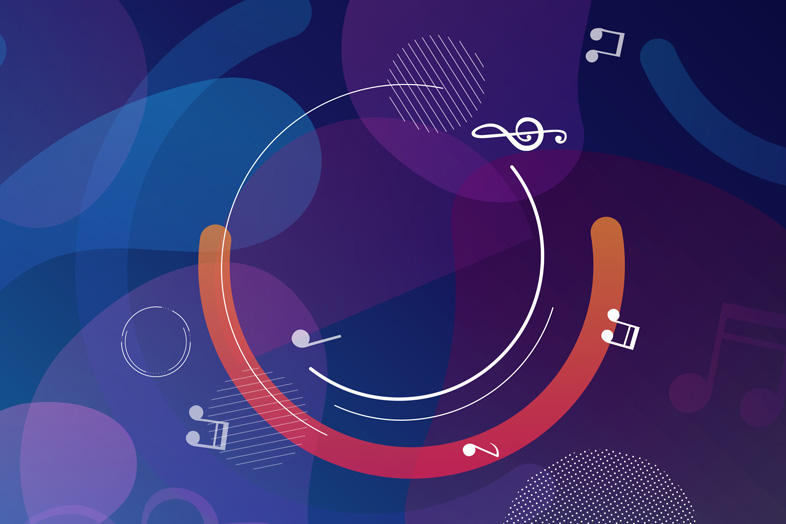
The worth of the music NFT they invested in could increase if the musician finds success.
Some musicians can make significant profits through music NFTs.
Haleek Maul, a Bajan rapper, reportedly generated $226,800 in music NFT sales on Catalog, compared to his annualized Spotify profits of just $178, according to music NFT supporter Cooopahtroopa.
Maul is said to earn 81 ETH from five Catalog sales, which at the time was worth more than $250,000, when he was questioned about the numbers in the tweet.
Music NFTs have a wide range of potential application cases. Access to exclusive sections at concerts, reduced concert tickets, and meet-and-greet opportunities with performers can all be obtained via them.
Everything relies on the artist’s preferred format for the NFTs they issue. After all, NFTs help capture this idea for an increasingly digital age. Wired editor Kevin Kelly has long stated that all artists need 1,000 loyal followers who will support them.
NFT Music Royalties
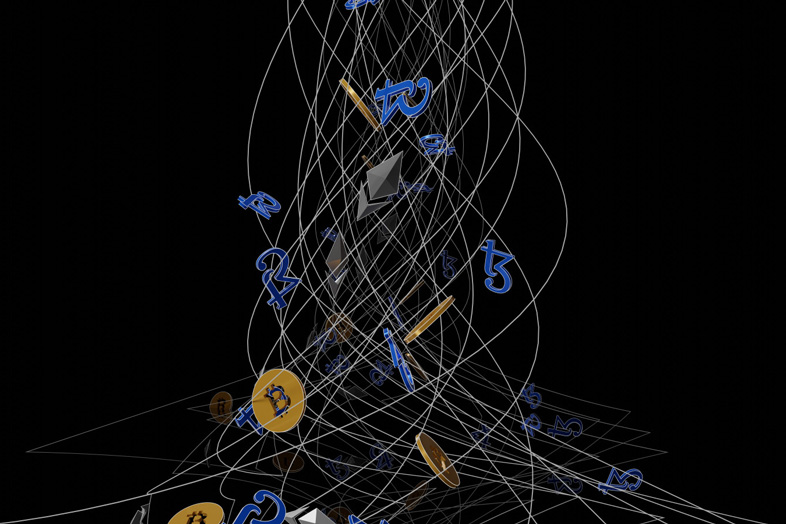
Music NFTs typically only attest to the on-chain ownership of a token associated with a piece of music. Beyond that, they do not grant any more rights—most significantly, no royalties.
However, there are platforms attempting to alter that.
Limited Digital Assets, or LDAs, are NFTs that are royalty-bearing and are created with the assistance of Royal. LDAs make it possible for fans who own NFTs to split the proceeds from streaming royalties. The first LDA on the platform was issued to 3LAU in October 2021 for his song Worst Case and related artwork. Owners of NFTs get half of the streaming royalty rights.
Another platform attempting to include royalties into music NFTs is Opulous. It enables token holders to keep a portion of the music copyright through a contract made with the artist.
NFT marketplaces for music
The majority of artists opt to start on music-specific platforms, despite the largest NFT marketplace OpenSea having a dedicated catalogue for music NFTs.
For single-edition music NFTs, sometimes known as 1/1s in the NFT community, catalog is the main market. It is based on the Zora protocol, which also drives the identically named OpenSea rival marketplace. Artists have made $2 million in NFT sales on Catalog as of February 2021.
Some artists would rather produce limited editions, such as 10 NFTs linked to a single tune, than 1/1s. Sound.xyz is a well-liked option for this, as it offers virtually daily drops where traders or collectors can create limited editions of music NFTs. On secondary markets like OpenSea or Rarible, these recently created NFTs can be sold right away.
The platforms Foundation, Arpeggi, and FormFunction also allow artists to mint 1/1s. Different music genres are covered by different platforms. Dance music NFTs are catered to by Groovetime, while another unreleased platform is HEAT. Generative music is a genre that involves the interaction of humans and computers, and Beat Foundry makes it possible to produce it.
How NFT Music Is Transforming the Recording Industry
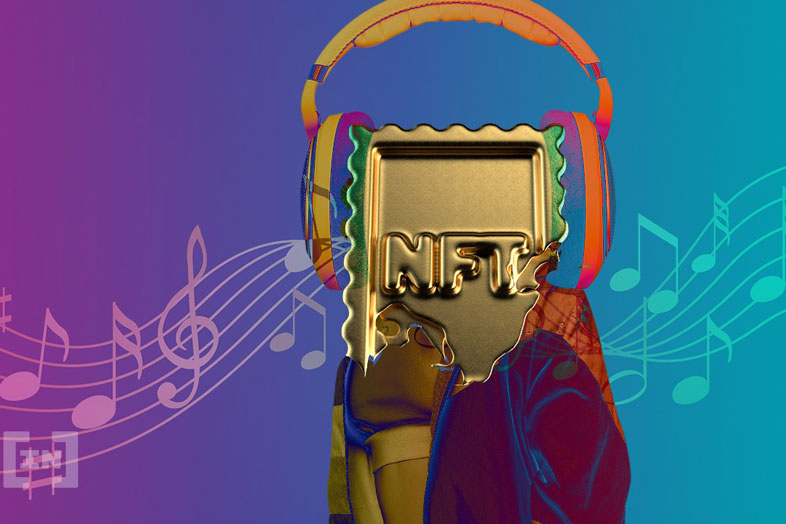
More musicians might start rewarding their followers with NFTs. This would strengthen the bond between artists and followers and encourage fan participation.
More services that let you design and market NFTs without any programming experience may become available. People would find it simpler to participate in NFTs and music as a result. Finally, there may be an increase in platforms that let you design smart contracts for the purchase of NFTs.
Overall, artists are beginning to recognize the benefits of fusing music and NFTs. As artists try to succeed in their careers, NFTs are emerging as a distinctive way to tap into the possibilities of this developing blockchain technology.
To really see the evolution of NFT music and how it is transforming the recording industry. Let’s dive into single cases throughout the history of NFT music.
When You See Yourself, an album by Kings of Leon, was among the first significant records to be made available as a limited edition of NFT. YellowHeart reportedly provided it through three different token types: “a special album package,” “live show bonuses like front-row seats for life,” and third type “for exclusive audiovisual art,” according to Rolling Stone.
The most basic NFT token, available for only two weeks and priced at $50, gave a digital download and exclusive benefits, like a changing album cover and a limited-edition vinyl copy, even though the album is widely available on Spotify, iTunes, Apple Music, and Amazon.
The album has performed admirably when measured against a projection of the band’s yearly profits – Kings of Leon reportedly made about $138,000 in 2021 and about $60,000 in 2022.
The album’s NFT sales as of March, 2022 totaled more than $2 million dollars. But with NFTs, profits are a little harder to come by. Because the CD was sold on the Ethereum blockchain, its predicted earnings in US dollars at the time of purchase, like those of equities, are based on changes in the market.
Nevertheless, despite the ephemeral nature of cryptocurrencies, the ability for many platforms to accept credit card payments has significantly increased their ability to draw consumers. On YellowHeart, a registered user can click a buy button, enter their credit card information (or pay with Ethereum), and the digital asset is added to their wallet after they have downloaded a wallet from YellowHeart or linked to a wallet on a cryptocurrency exchange like MetaMask or Coinbase.
NFT Music Projects
1. Cocky
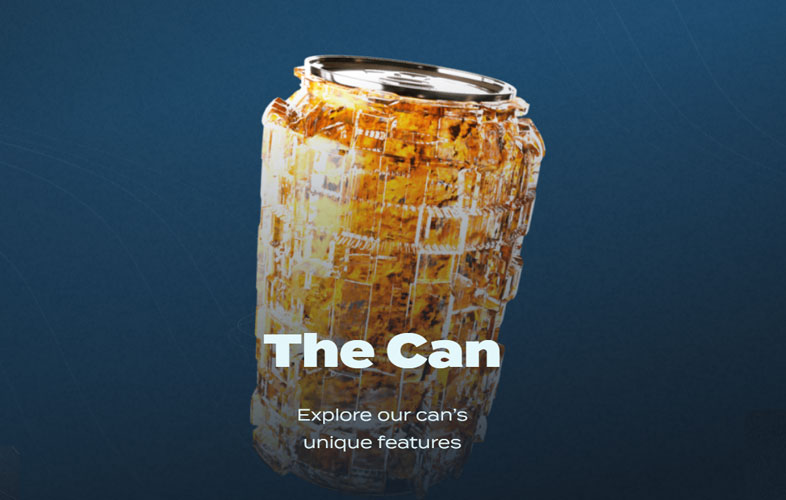
Cocky is an NFT lifestyle club providing holders access to world-class music events. An exclusive NFT lifestyle club called Cocky gives its NFT members access to top-tier musical events. The Parasol Group, a platform with a goal to redefine utility in the NFT market by offering holders unique real-world experiences, is the organization behind the initiative.
For its holders, Cocky wants to host once-in-a-lifetime experiences. Money cannot buy the experiences that will take place, but ownership of the Cocky NFT can.
10,000 “Cocky Can” NFTs are in the collection of NFTs. To reflect the advantages holders enjoy at events, these NFTs have 51 different skin varieties and come with different colored lids (Silver, Gold, and Black).
Holders of Cocky Cans are eligible to go to the once-in-a-lifetime events. Along with routine virtual events in the form of live streams, they plan to stage two live events each year.
Each event will emphasize electronic music in premium settings to give holders a complete experience. Additionally, guests will have the chance to visit unusual locations where the event planners will pay close attention to the area’s natural beauty, historical significance, and cultural traditions.
2. Gala Music
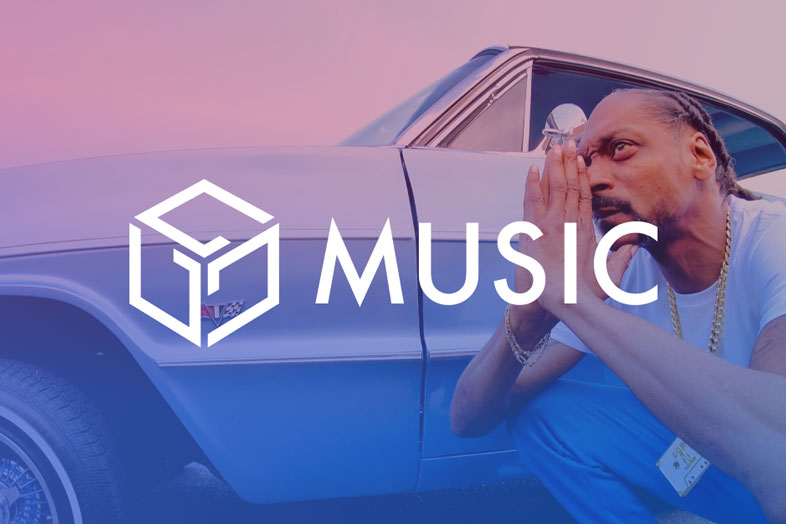
Gala Games launched Gala Music, an NFT and streaming service that focuses on music. Gala Music is employing NFTs to target music streaming in an effort to benefit from the technology behind them.
Gala Music restores control to fans and artists by not allowing record labels and streaming platforms to own and host music. Artists have full creative authority to mint, drop, and distribute their own music anyway they want with music hosted on the blockchain.
By signing up to be a Gala Music Node, users of the site can start their own streaming service. Owners of nodes are obligated to store NFT music, which is acquired through the market, on their nodes. When someone plays that particular music in the node, the node owner can then profit from the streams.
Music fans can use Gala’s streaming app to listen to music. The network will search the list of nodes that contain the track when a user plays a song. The user will then receive streaming from the node that has the lowest latency, according to the software.
For each track listened, the system generates one Gala Music Token worth $0.01. The following is how the freshly created tokens are distributed:
Each owner of the NFT track receives 45% of the total.
10% is distributed to all active music nodes.
The exact node that streamed the music gets 5% of the revenue.
50% is given to the creator.
3. NFT Tone
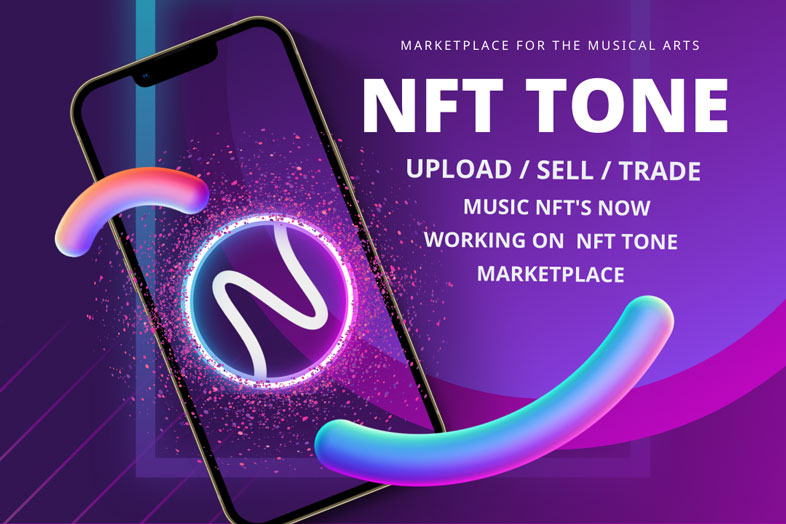
The NFT Tone music library is a paid service. Users of the platform can find new songs, buy limited editions, and support their favorite musicians.
It is seen as a decentralized NFT marketplace that enables interaction between artists and fans.
Without using agencies or record labels, which take a significant cut of the profits, musicians may upload, mint, promote, and distribute their albums directly through the platform. Instead, NFT Tone offers a platform where musicians can interact with their fans directly to promote their music and work together to create limited-edition releases and special material. Through the portal, they can promote concert tickets and offer goods.
The artists retain complete ownership and rights to their music, which is one of the best things about the NFTs on NFT Tone. Since the distribution allotment is immediately incorporated into the NFTs, neither record labels nor streaming services will be entitled to the publication rights or 80% of the advertising money.
In the future, NFT Tone plans to collaborate with some of the most well-known musicians on the platform to stage its inaugural NFT Tone event for its followers.
Additionally, they plan to connect with already-existing streaming music services and develop an iOS and Android application for consumers to access the platform’s music library.
4. AirNFTs
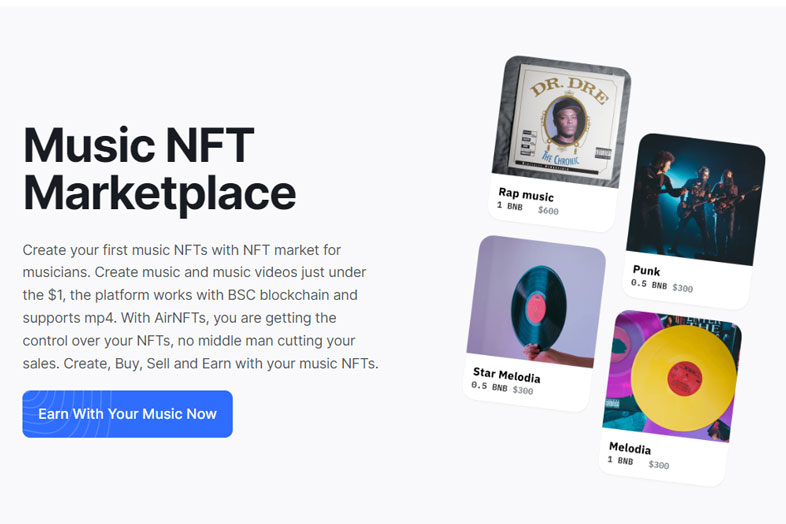
Users can mint, trade, and profit with NFTs on AirNFTs, an NFT marketplace. The portal offers a section just for musicians looking to work in the NFT industry. Musicians can make NFTs using their songs thanks to this music NFT marketplace.
Artists can produce music and music videos as NFTs using AirNFTs for less than $1. This is so because the platform may communicate with other chains, including as the Fantom, Polygon, and Binance Smart Chain networks, all of which have lower transaction fees than Ethereum.
Currently, the platform allows musicians who want to share content with their followers to post MP4 and MP3 files.
Currently, the platform has generated approximately 260,000 NFTs across all of its verticals, with a trading volume of about $16 million. The following are a few other verticals for AirNFTs:
- Arts
- Games
- Sports
- Photography
- Influencer
- Collectibles
- Video
The best part about AirNFTs is how easy it is for beginners to use. An extensive onboarding process ensures that the process of minting an NFT is seamless. AirNFTs is most likely the finest option for musicians just starting their NFT adventure because of its simplicity of use and affordable prices.
5. Audius
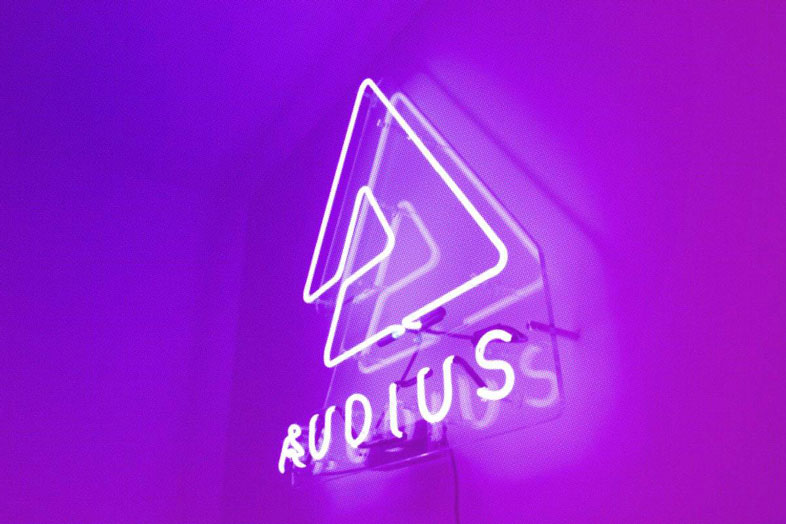
A new Web3 streaming network called Audius enables musicians to post their music and fans to get compensated for listening to it.
It is a decentralized music sharing and streaming platform launched in 2018 that fully eliminates the intermediary between artists and fans, much like Spotify or SoundCloud.
After receiving $5 million from General Catalyst, Lightspeed, and Pantera Capital in 2018, the platform became well-known among venture capitalists. Additionally, it received $1.25 million more in funding from Binance Labs.
Numerous well-known figures have already joined Audius’ platform. Some well-known celebrities who are currently playing songs on Audius include:
- Deadmau5
- Katy Perry
- Nas
- Jason Derulo
- Steve Aoki
- SKRILLEX
- 3LAU
These artists have uploaded HQ Audio—the best quality available on streaming services—in 320kbps audio files to the site.
The native token that powers the platform, AUDIO, powers the entire system. The ecosystem consists of a decentralized network of music hosting nodes, content nodes, and a collection of discovery nodes for content indexing.
90% of the money made from streaming goes straight to the artists, with the other 10% going to the network nodes. Compared to conventional streaming sites, which normally only give artists a part of about 12%, this is a far higher percentage.
How to create NFT music
Utilizing a service like OpenSea or NFT showroom is one option. You may produce and market NFTs using these services without having any programming experience. However, you also have the choice of manually constructing NFTs.
Utilizing a platform like Ethereum or EOS is an additional option. You can build smart contracts using these platforms, which are computer programs that can automate the sale of NFTs.
Owning your own NFTs for music is a fantastic method to develop your brand and earn money from your work. You can establish a closer relationship with your fans by granting them unique access to your songs.
Conclusion
The DarePlay research team continues to dive into this topic. More articles will be released overtime, follow us to get yourself in tuned.


 Tiếng Việt
Tiếng Việt
